If your kitchen sink suddenly stops running water, the first thing you should check is the water supply. Make sure that your main water valve is fully turned on and that there are no issues with your water supply line. If there is a problem with your water supply, you may need to contact your local water company to address the issue.Check the water supply
Another common cause of a kitchen sink not running water is a problem with the faucet itself. Check to see if the faucet is turned on and if there are any visible leaks. If the faucet is clogged, you can try cleaning it with a mixture of water and vinegar or by using a plunger to dislodge any debris.Check the faucet
The aerator is a small piece attached to the end of the faucet that helps control the flow of water. Sometimes, debris can build up in the aerator, causing it to become clogged and block the water flow. You can unscrew the aerator and clean it with a brush or soak it in a mixture of water and baking soda to remove any buildup.Check the aerator
If the water pressure in your kitchen sink is low, it could be a sign of a bigger issue. Check the water pressure in other faucets in your home to see if the problem is isolated to just the kitchen sink or if it is affecting other areas as well. If the water pressure is low throughout your home, you may need to call a professional to assess and fix the issue.Check the water pressure
There is a water valve located under your kitchen sink that controls the flow of water to your faucet. If this valve is closed or partially closed, it can prevent water from flowing to your sink. Make sure that the valve is fully open and that there are no obstructions blocking the water flow.Check the water valve
If there is no issue with your water supply or faucet, the problem may lie in the pipes. Check for any visible leaks or damage to the pipes under your sink. If you notice any issues, it is best to call a plumber to fix the problem and ensure that your pipes are in good working condition.Check the pipes
If your kitchen sink is equipped with a garbage disposal, it is important to make sure it is functioning properly. If the disposal is clogged or not working, it can cause water to back up in your sink. You can try using a plunger to clear any clogs or run hot water and dish soap through the disposal to help break up any debris.Check the garbage disposal
If your kitchen sink has a water filter, it may need to be replaced if it is old or clogged. A clogged water filter can restrict the flow of water to your sink, causing it to not run properly. Make sure to regularly check and replace your water filter to ensure that it is not causing any issues with your kitchen sink.Check the water filter
If the water in your kitchen sink is not running hot, the problem may be with your hot water heater. Check to see if the pilot light is lit and if there are any visible leaks or damage. If you are unsure of how to fix the issue, it is best to call a professional plumber to assess and repair your hot water heater.Check the hot water heater
If you have exhausted all other options and your kitchen sink is still not running water, it may be time to call a professional plumber. They will be able to properly diagnose and fix the issue, ensuring that your kitchen sink is back up and running in no time. In conclusion, there are many potential causes for a kitchen sink not running water. By following these tips and properly maintaining your sink, you can prevent and address any issues that may arise. Remember to regularly check and clean your sink to ensure that it is functioning properly and to call a plumber for any major issues. With a little bit of maintenance, you can keep your kitchen sink running smoothly for years to come.Call a plumber
Troubleshooting: Why Your Kitchen Sink Won't Run Water
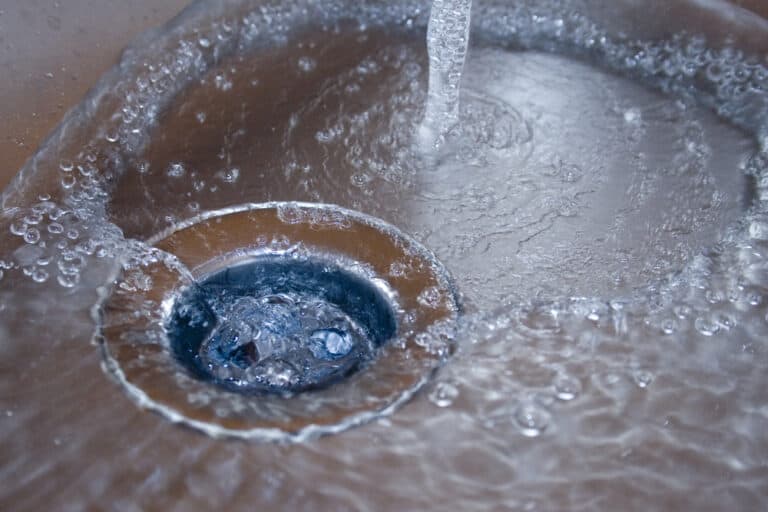
Common Causes and Solutions
 As a homeowner, having a fully functioning kitchen sink is essential for everyday tasks such as washing dishes and preparing meals. So when your kitchen sink suddenly stops running water, it can be frustrating and inconvenient. There are a few common causes for this issue, but don't worry - most of them can be easily addressed.
Clogged Drain
One of the most common reasons for a kitchen sink not running water is a clogged drain. Over time, food particles, grease, and other debris can build up in the drain and cause a blockage. This can prevent water from flowing freely and cause it to back up into the sink. To fix this issue, try using a plunger or a drain snake to remove the blockage. You can also try pouring hot water and a mixture of baking soda and vinegar down the drain to break up any stubborn clogs.
Broken Faucet
Another possible cause for a kitchen sink not running water is a broken faucet. This can happen due to wear and tear over time, or it could be a result of a faulty installation. If your faucet is leaking or if the handle is difficult to turn, it may be time to replace it. You can purchase a new faucet at a hardware store and install it yourself, or hire a professional plumber to do the job for you.
Water Supply Issue
If your kitchen sink won't run water at all, the problem may be with your water supply. Check to see if there are any water outages in your area that could be causing the issue. You can also check the shut-off valves under the sink to make sure they are fully open. If these valves are closed or partially closed, it can restrict the water flow to your sink. Adjust them accordingly and see if that resolves the issue.
Old Pipes
If you live in an older home, the pipes connected to your kitchen sink may be worn out or corroded. This can cause leaks or blockages that prevent water from flowing properly. In this case, it is best to call a professional plumber to inspect and replace any old pipes if necessary.
In conclusion, a kitchen sink that won't run water can be a frustrating problem, but it is usually easily fixable. By addressing common issues such as clogged drains, broken faucets, water supply problems, and old pipes, you can get your kitchen sink back to working properly in no time. If these solutions do not work, it may be a sign of a more serious plumbing issue, and it is best to seek the help of a professional. Remember to always maintain your kitchen sink and address any issues promptly to avoid bigger problems in the future.
As a homeowner, having a fully functioning kitchen sink is essential for everyday tasks such as washing dishes and preparing meals. So when your kitchen sink suddenly stops running water, it can be frustrating and inconvenient. There are a few common causes for this issue, but don't worry - most of them can be easily addressed.
Clogged Drain
One of the most common reasons for a kitchen sink not running water is a clogged drain. Over time, food particles, grease, and other debris can build up in the drain and cause a blockage. This can prevent water from flowing freely and cause it to back up into the sink. To fix this issue, try using a plunger or a drain snake to remove the blockage. You can also try pouring hot water and a mixture of baking soda and vinegar down the drain to break up any stubborn clogs.
Broken Faucet
Another possible cause for a kitchen sink not running water is a broken faucet. This can happen due to wear and tear over time, or it could be a result of a faulty installation. If your faucet is leaking or if the handle is difficult to turn, it may be time to replace it. You can purchase a new faucet at a hardware store and install it yourself, or hire a professional plumber to do the job for you.
Water Supply Issue
If your kitchen sink won't run water at all, the problem may be with your water supply. Check to see if there are any water outages in your area that could be causing the issue. You can also check the shut-off valves under the sink to make sure they are fully open. If these valves are closed or partially closed, it can restrict the water flow to your sink. Adjust them accordingly and see if that resolves the issue.
Old Pipes
If you live in an older home, the pipes connected to your kitchen sink may be worn out or corroded. This can cause leaks or blockages that prevent water from flowing properly. In this case, it is best to call a professional plumber to inspect and replace any old pipes if necessary.
In conclusion, a kitchen sink that won't run water can be a frustrating problem, but it is usually easily fixable. By addressing common issues such as clogged drains, broken faucets, water supply problems, and old pipes, you can get your kitchen sink back to working properly in no time. If these solutions do not work, it may be a sign of a more serious plumbing issue, and it is best to seek the help of a professional. Remember to always maintain your kitchen sink and address any issues promptly to avoid bigger problems in the future.
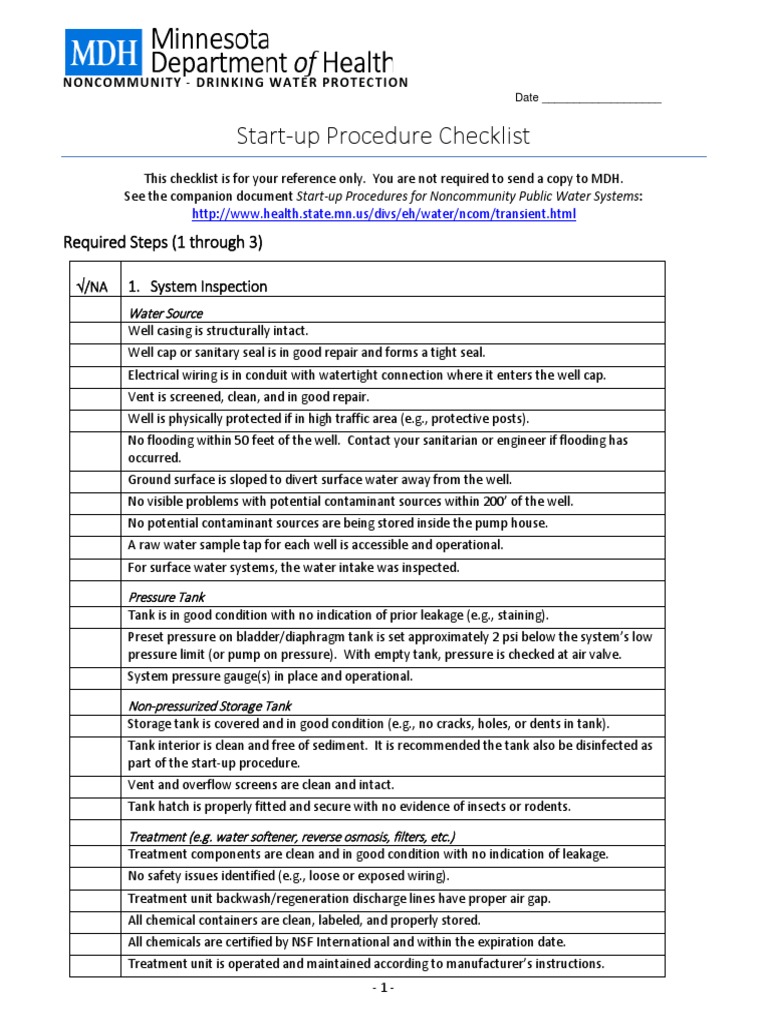

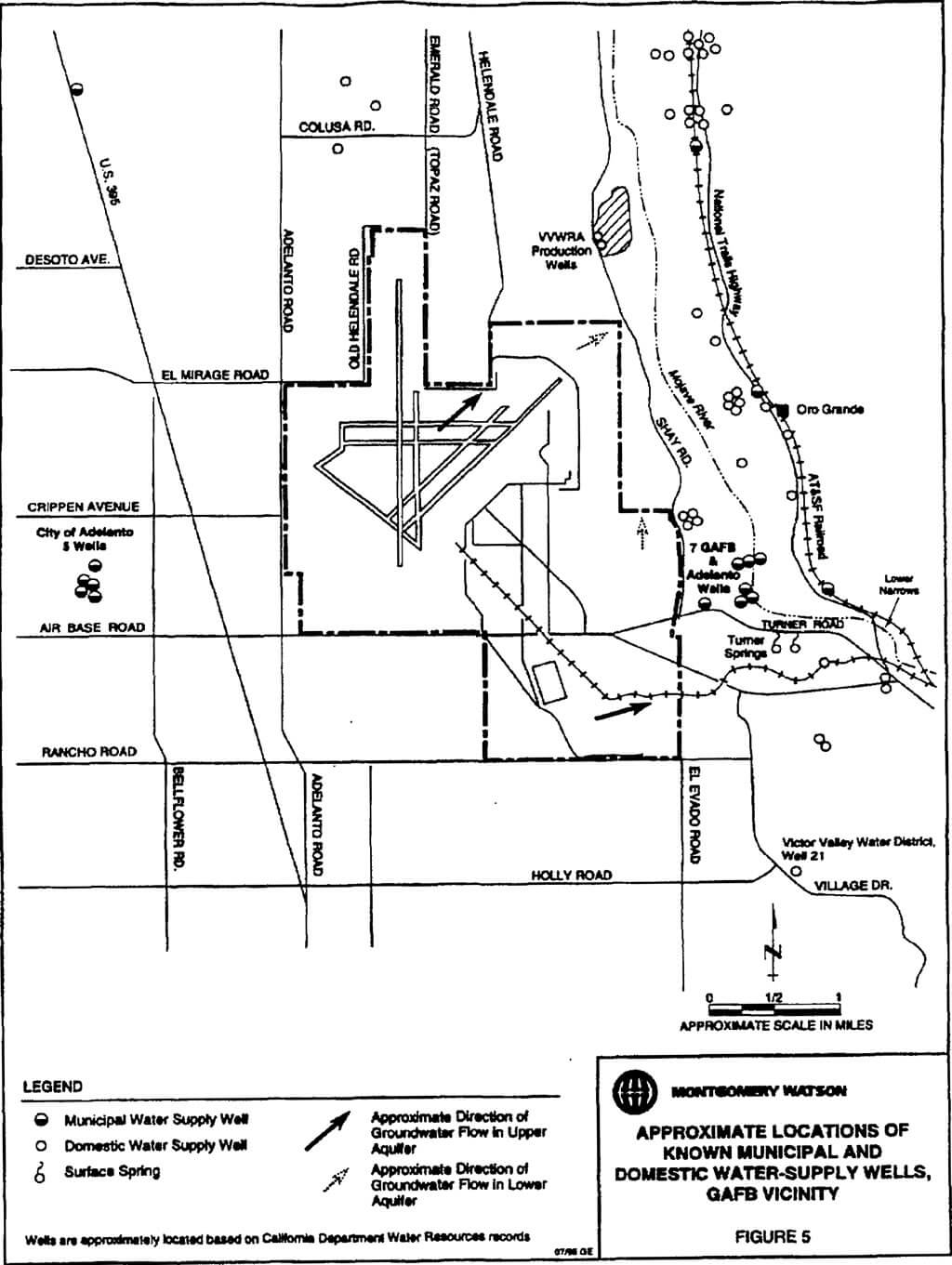
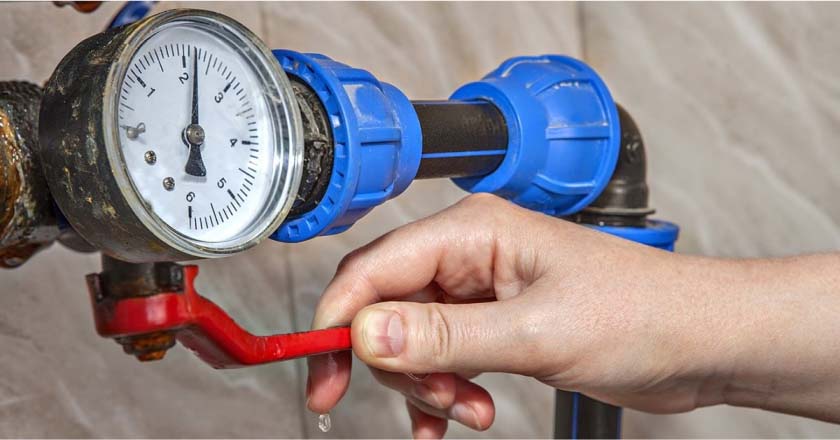
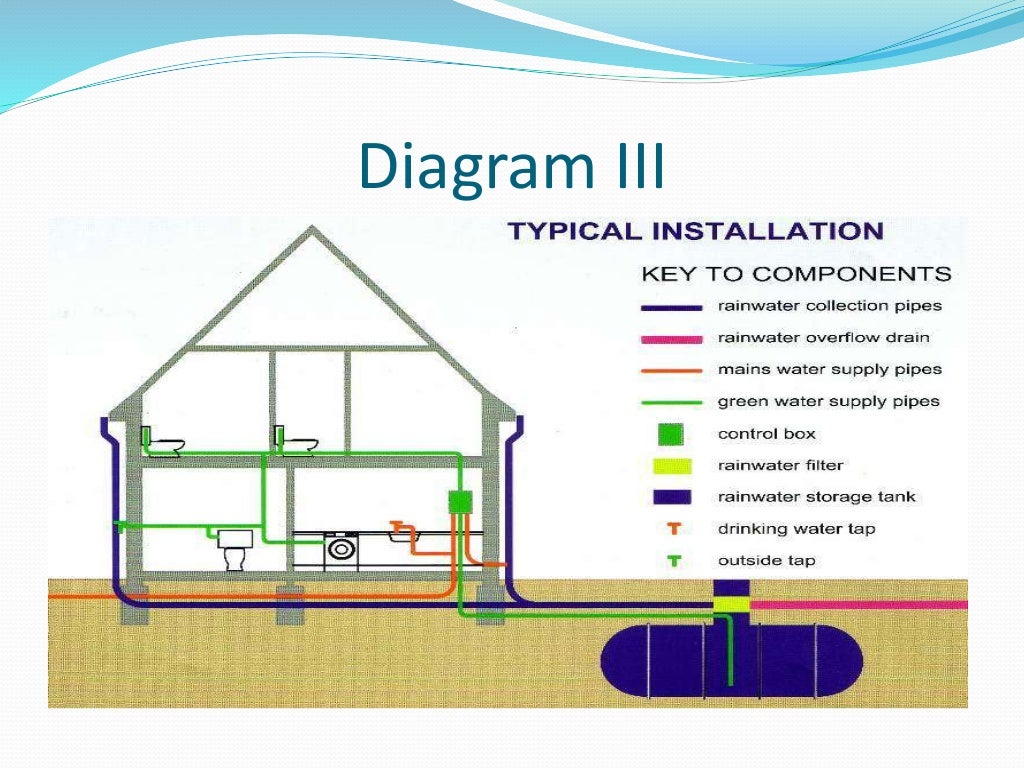


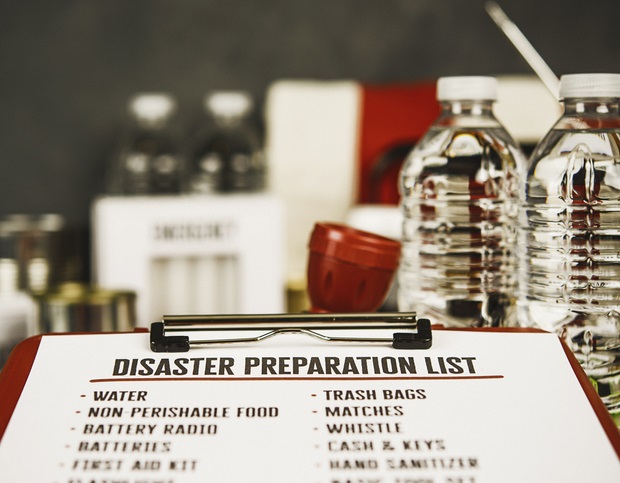


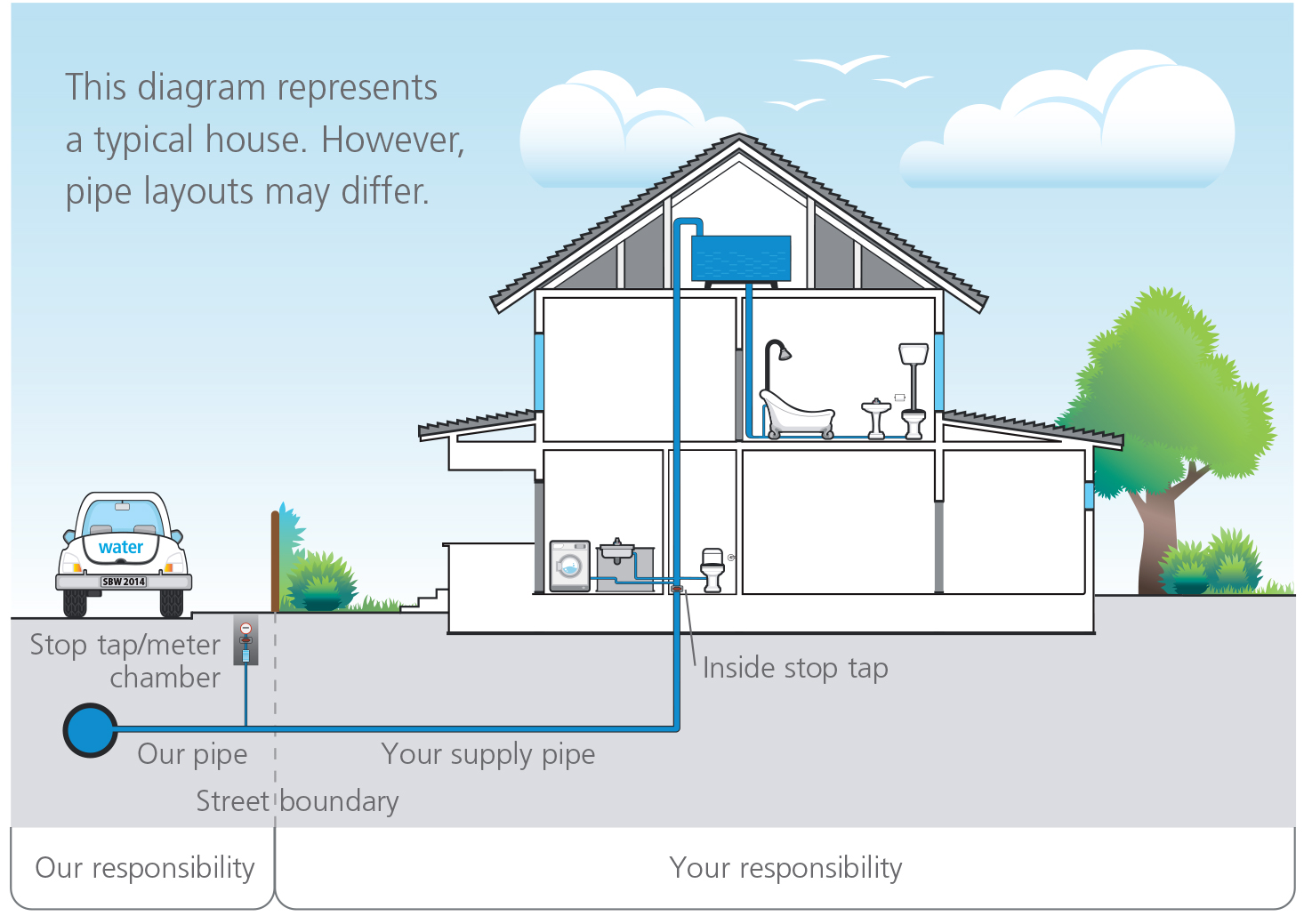
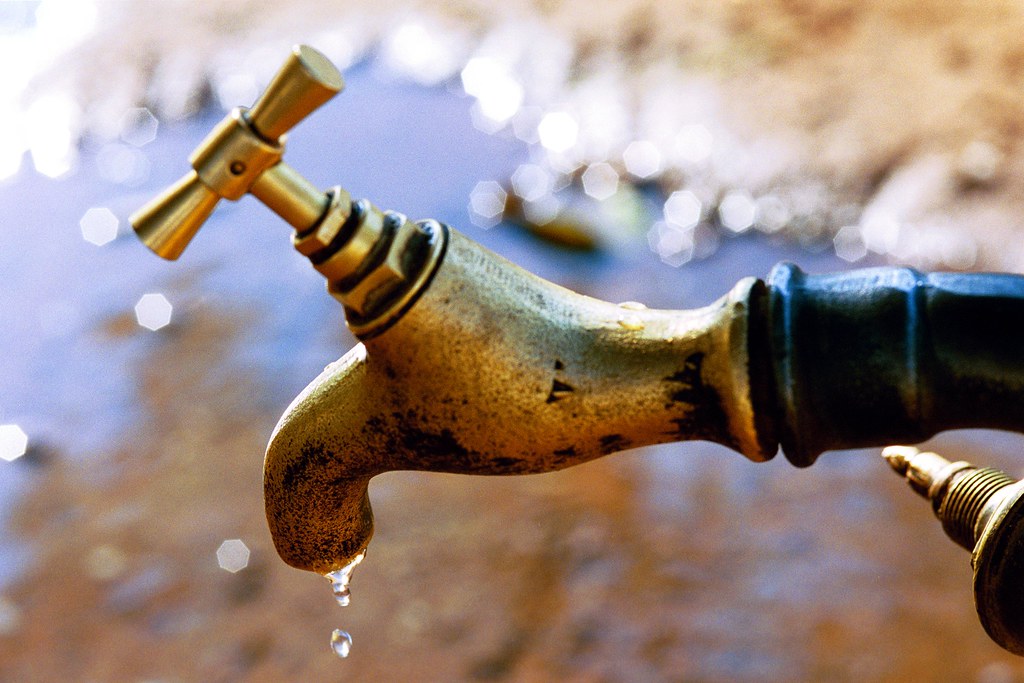




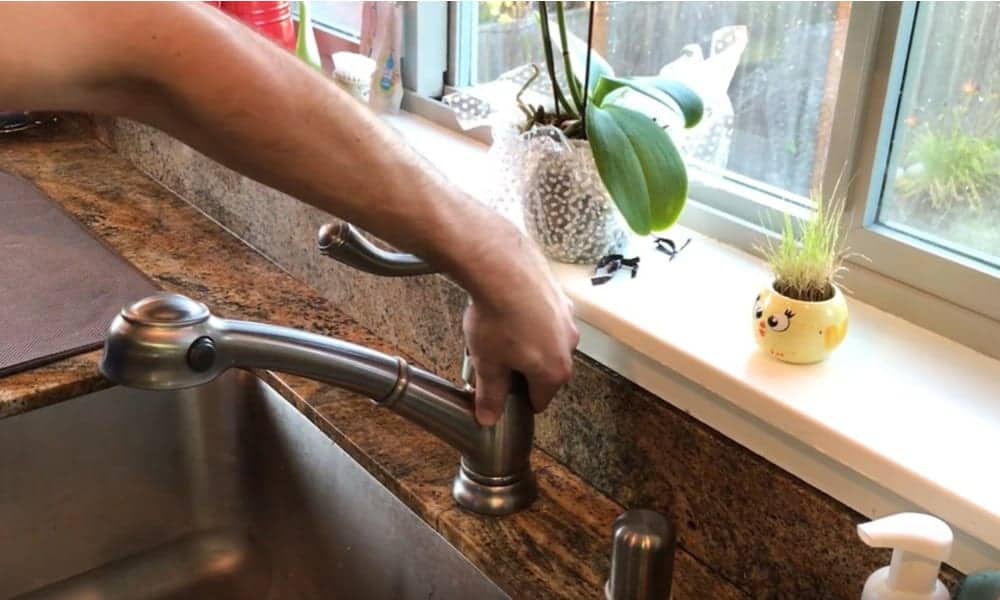



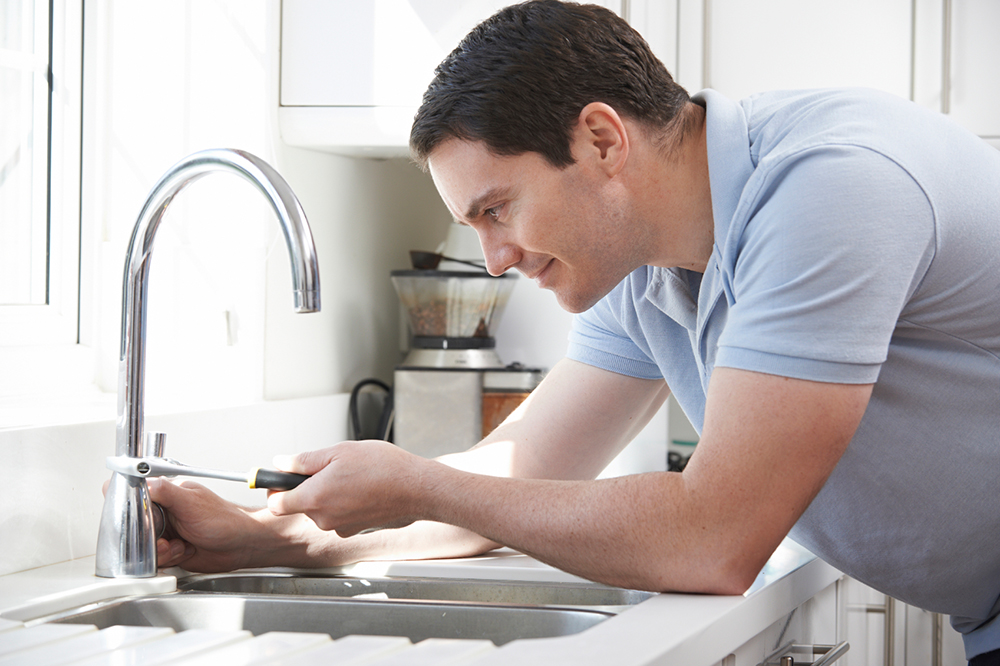
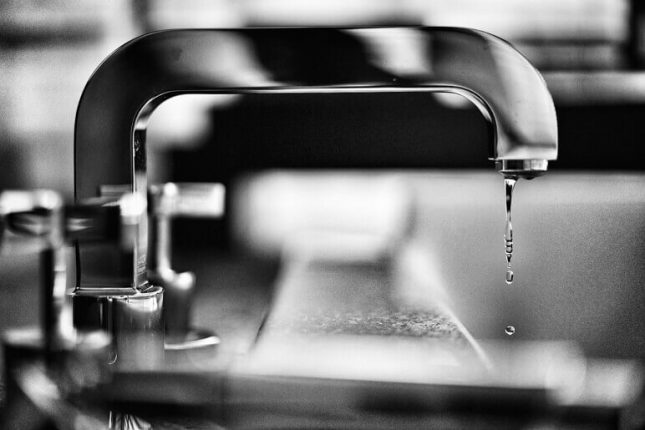
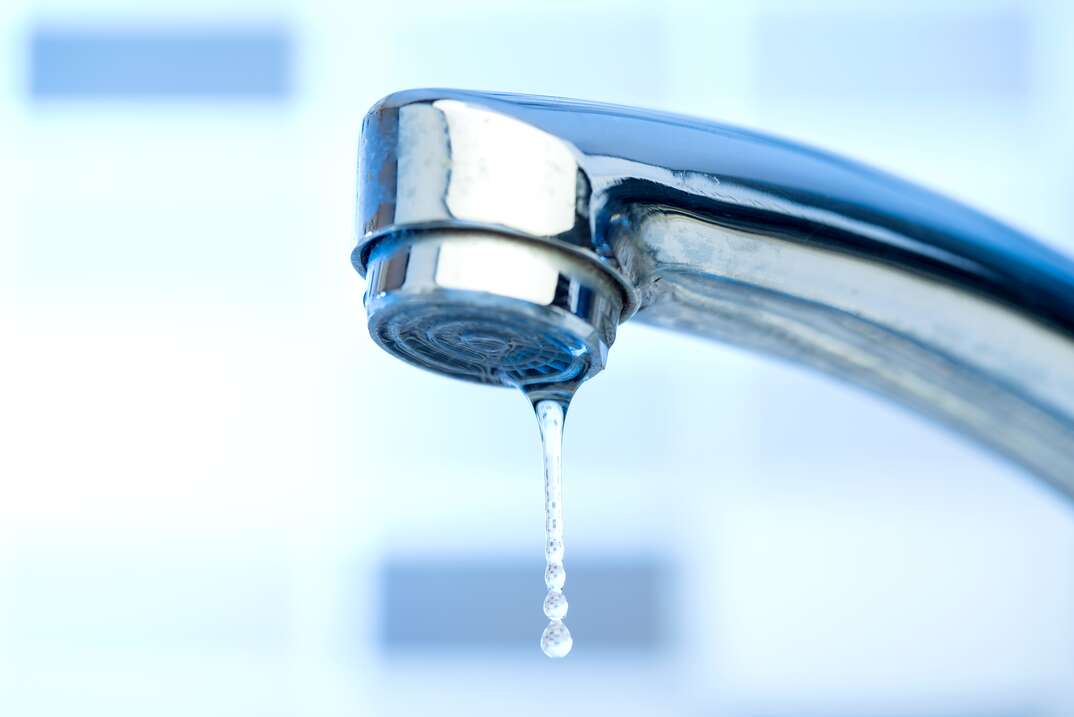


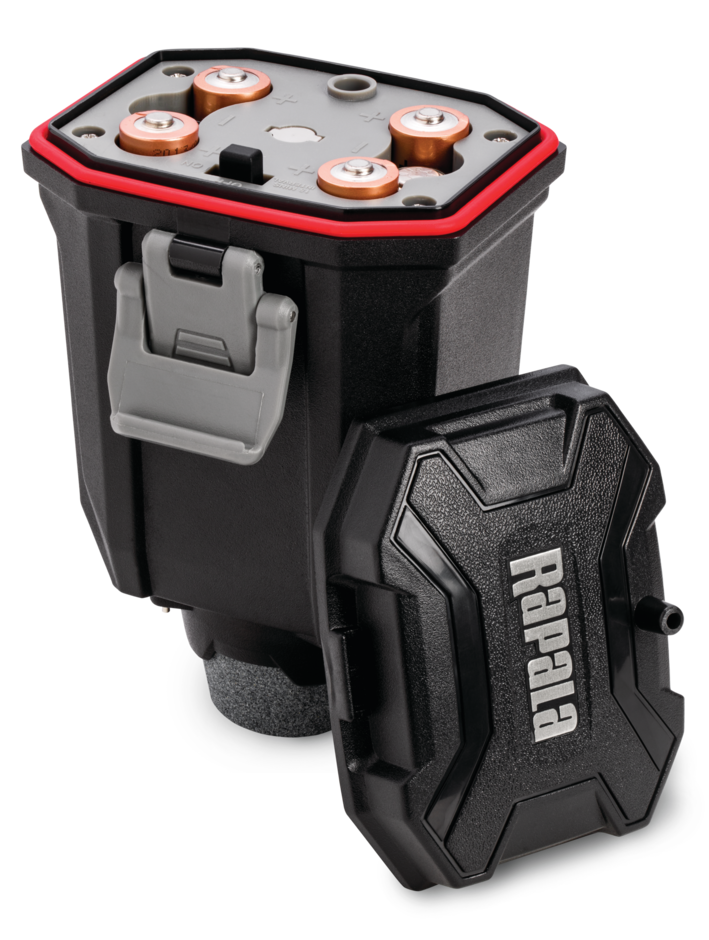

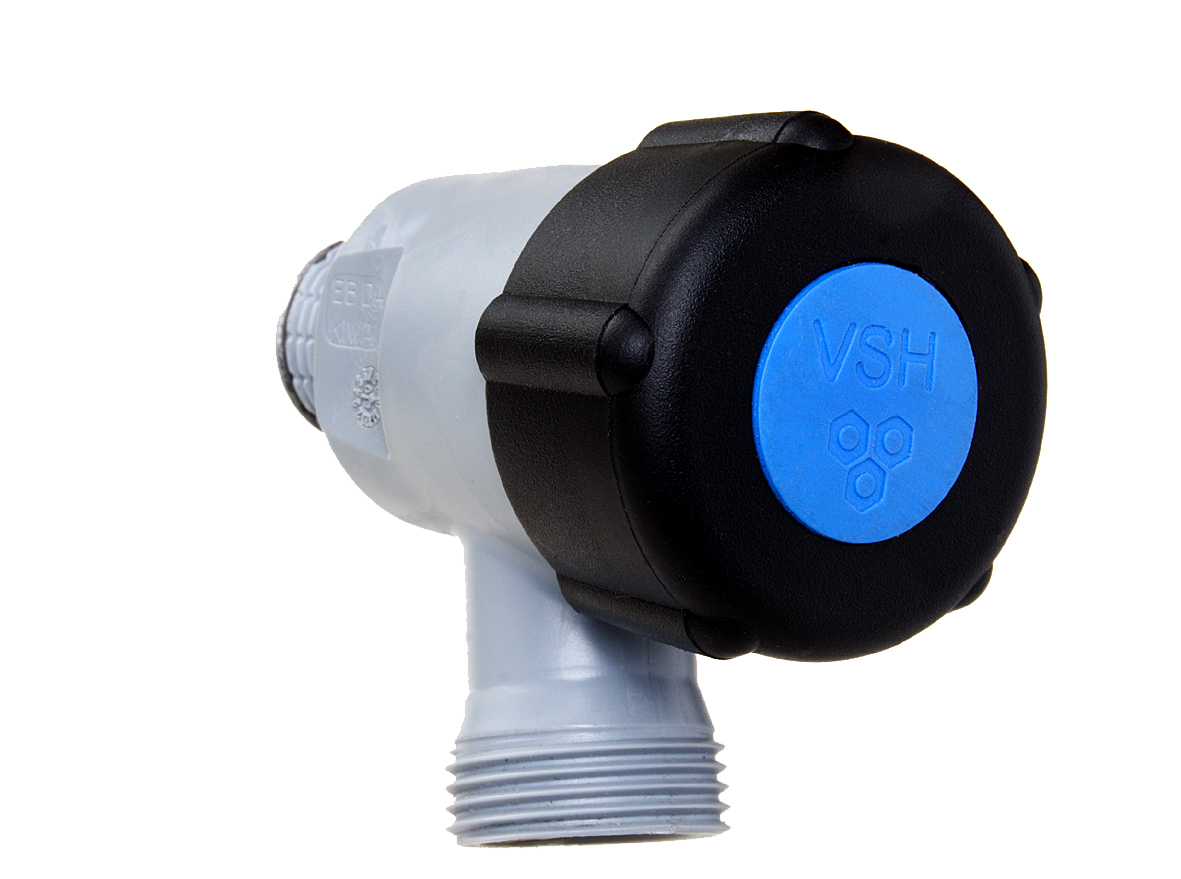





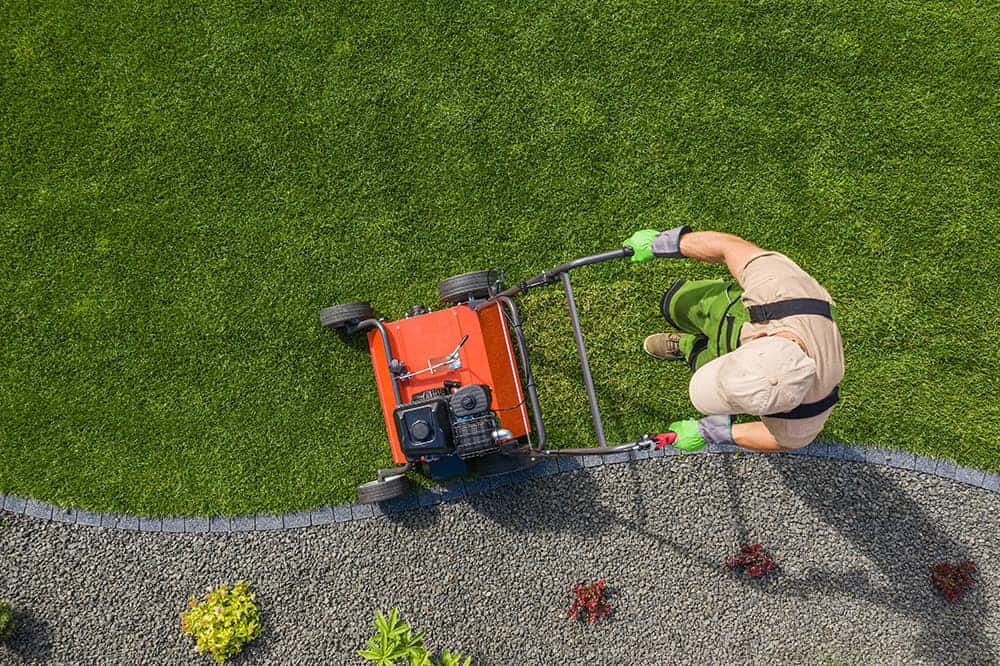




/93097679-56a73c295f9b58b7d0e81657.jpg)
/testing-water-pressure-in-your-home-2718692-hero-98f45508ca5d44b6b551034ac5cedab5.jpg)
:max_bytes(150000):strip_icc()/testing-water-pressure-in-your-home-2718692-04-c37ab3236d0d4b61b87079ebf9ef823e-c1e1ef0104fb44778a287bd9bb5ec140.jpeg)
:max_bytes(150000):strip_icc()/the-men-s-hand-opens-the-ball-valve-on-the-collector-1006810456-5c5fc73fc9e77c000159c4af.jpg)

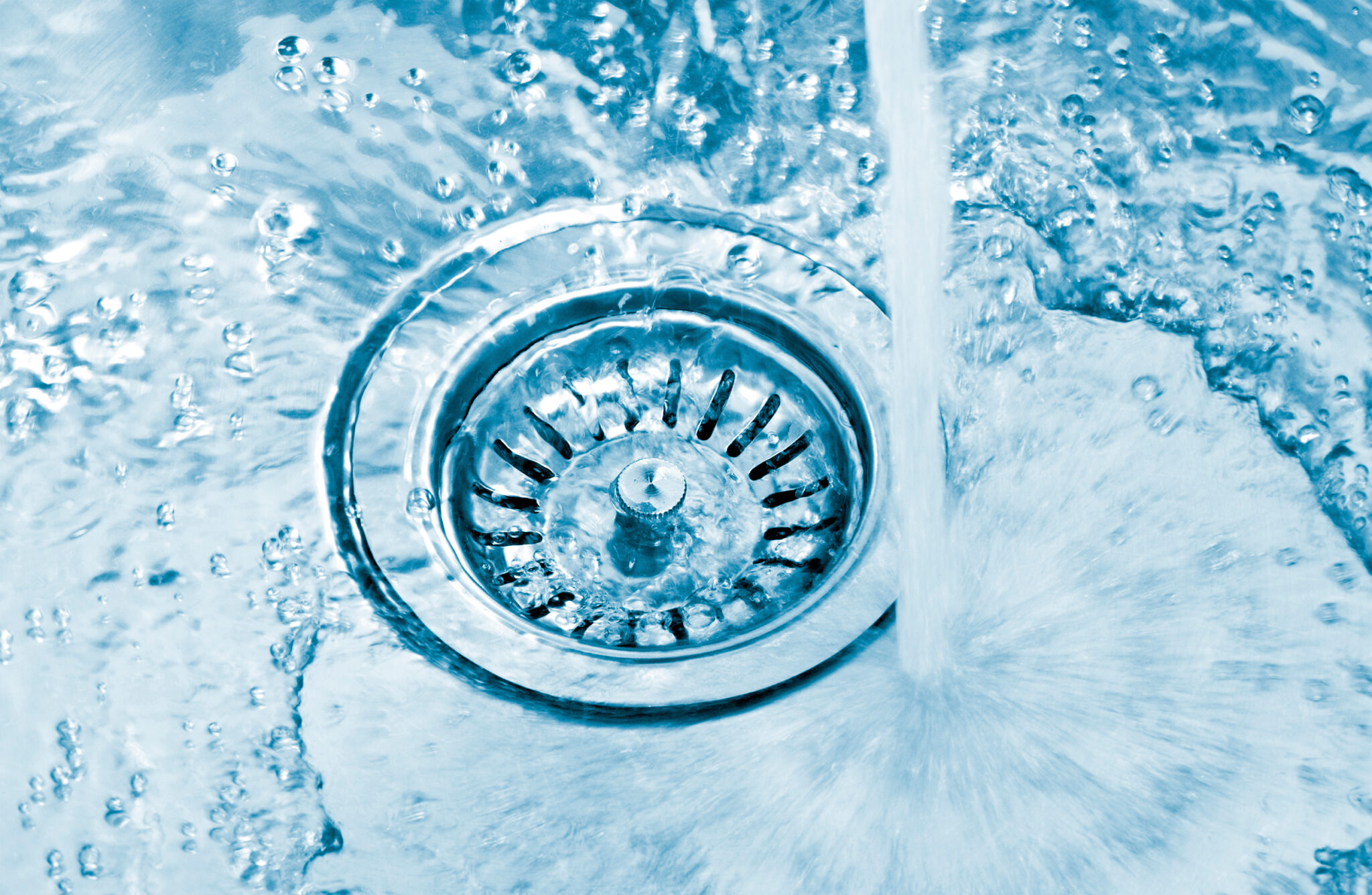

/JodiJacobson-waterpressure-5b9bf850c9e77c0050a2d8aa.jpg)


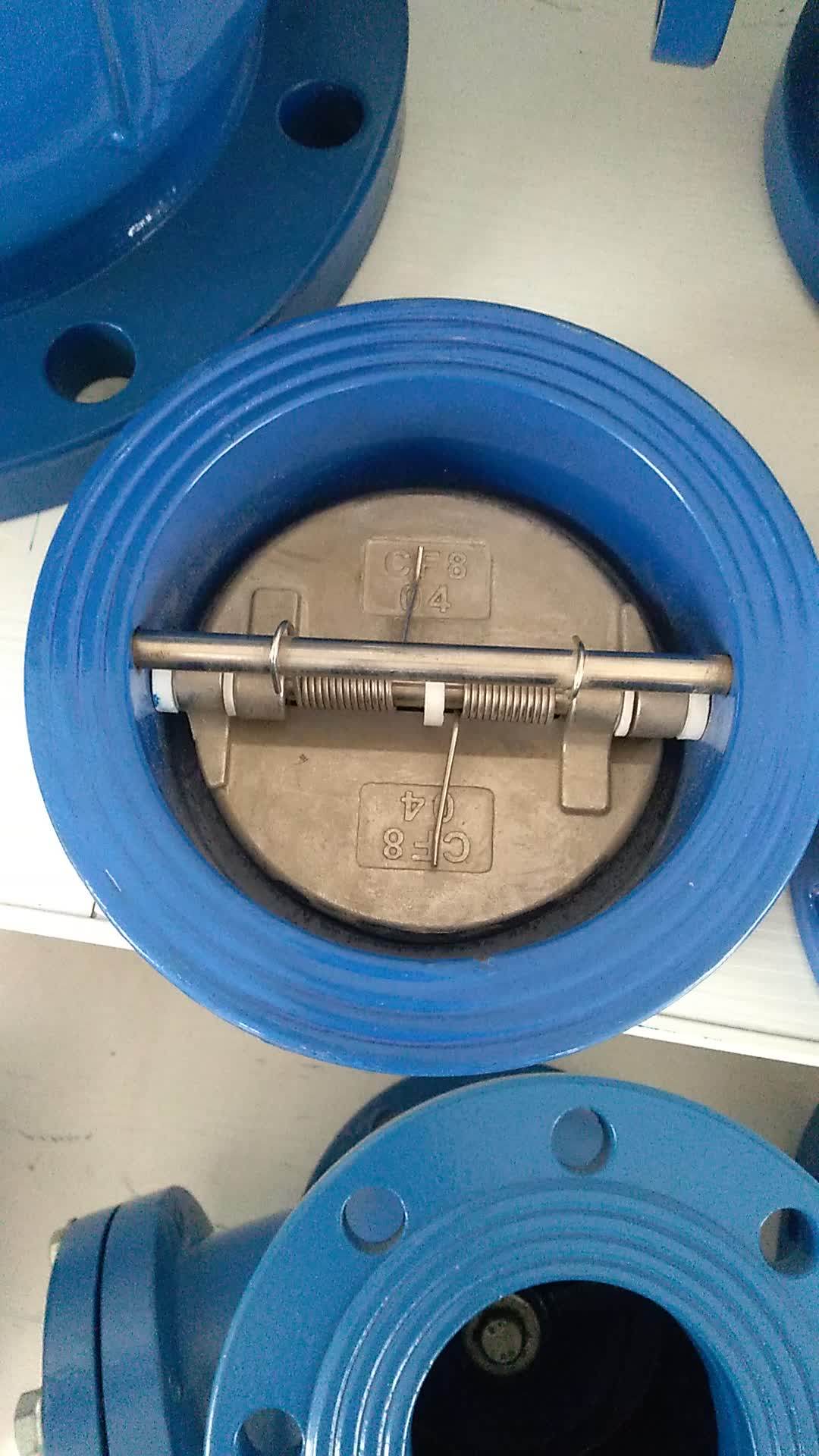
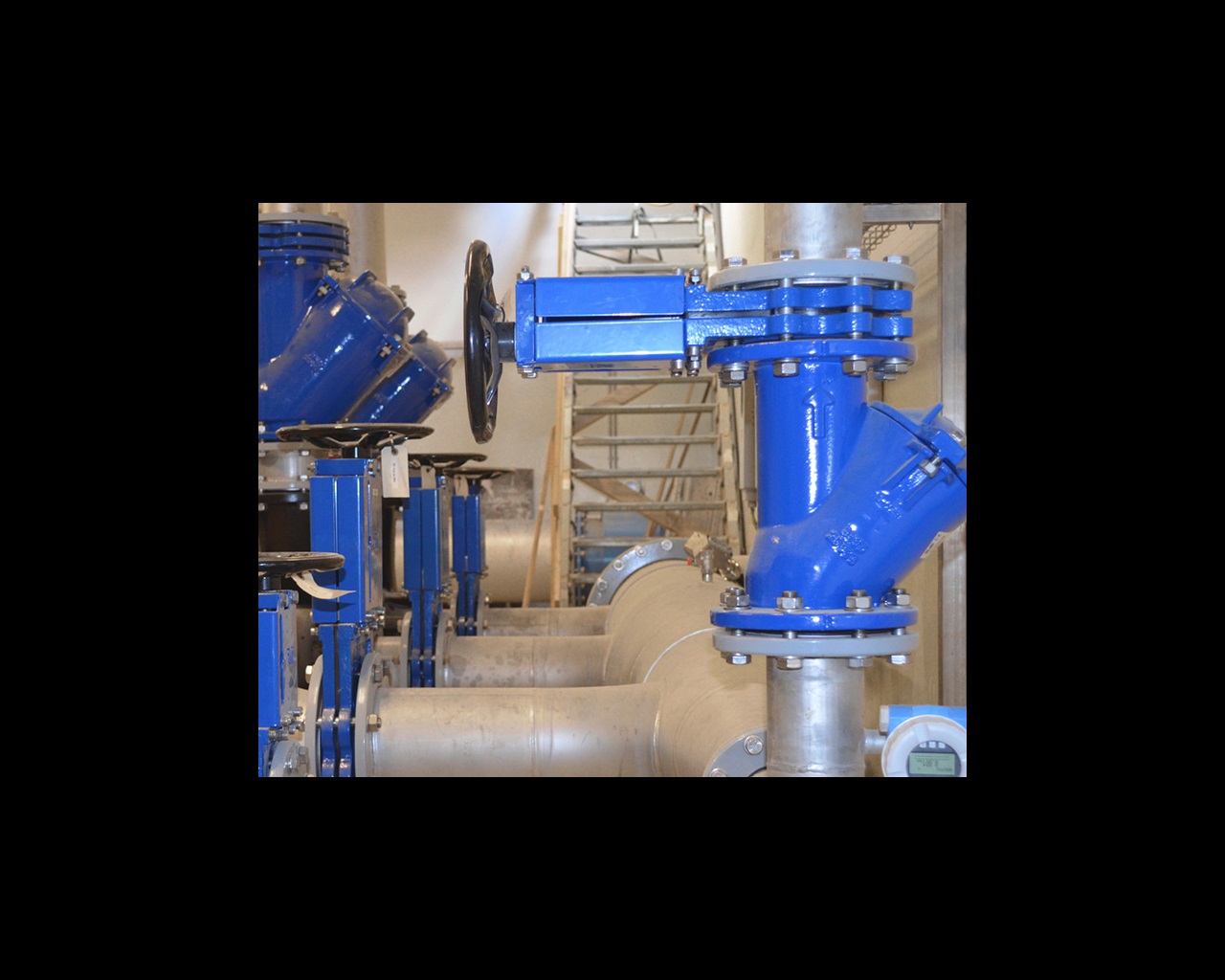



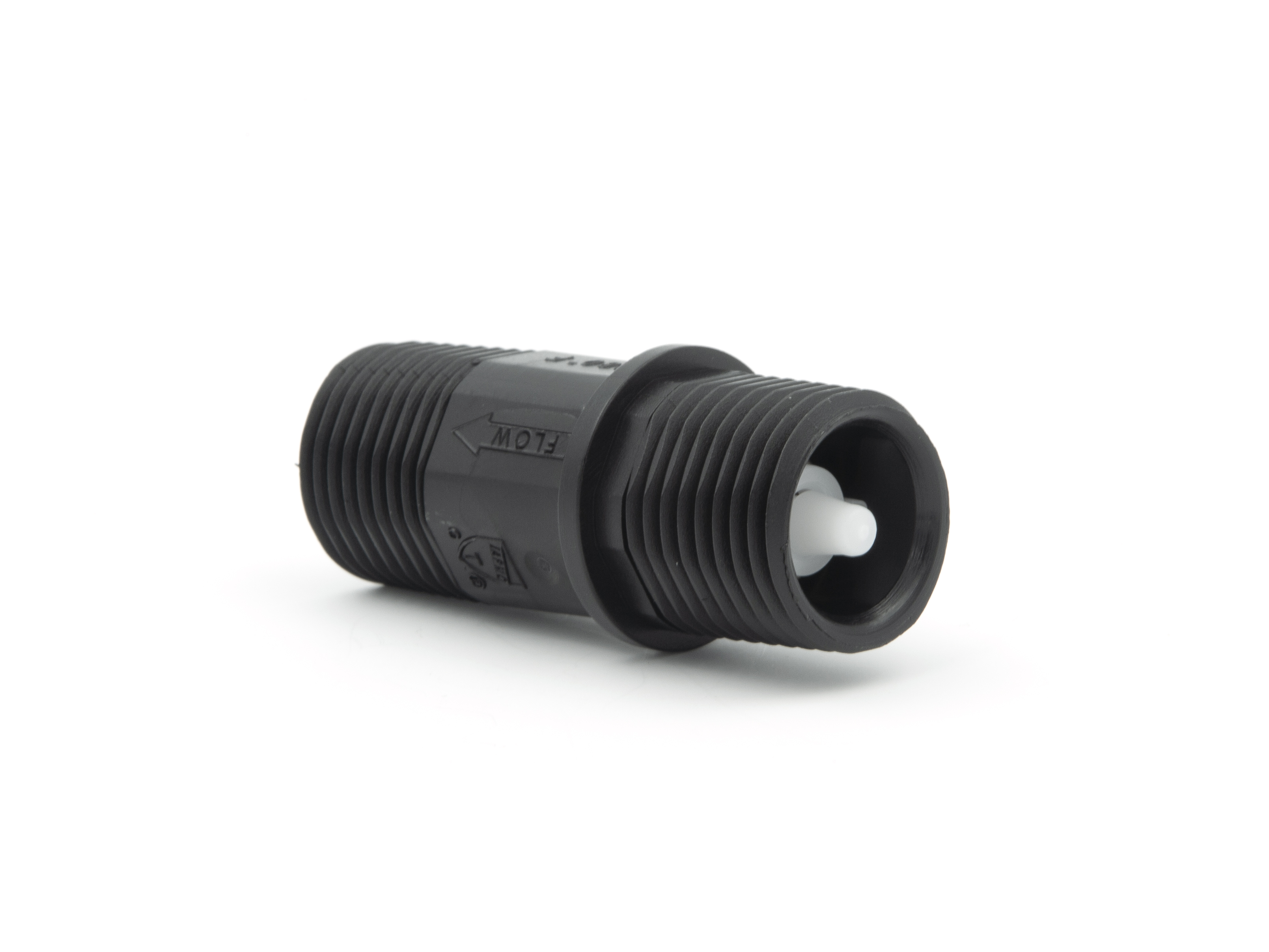
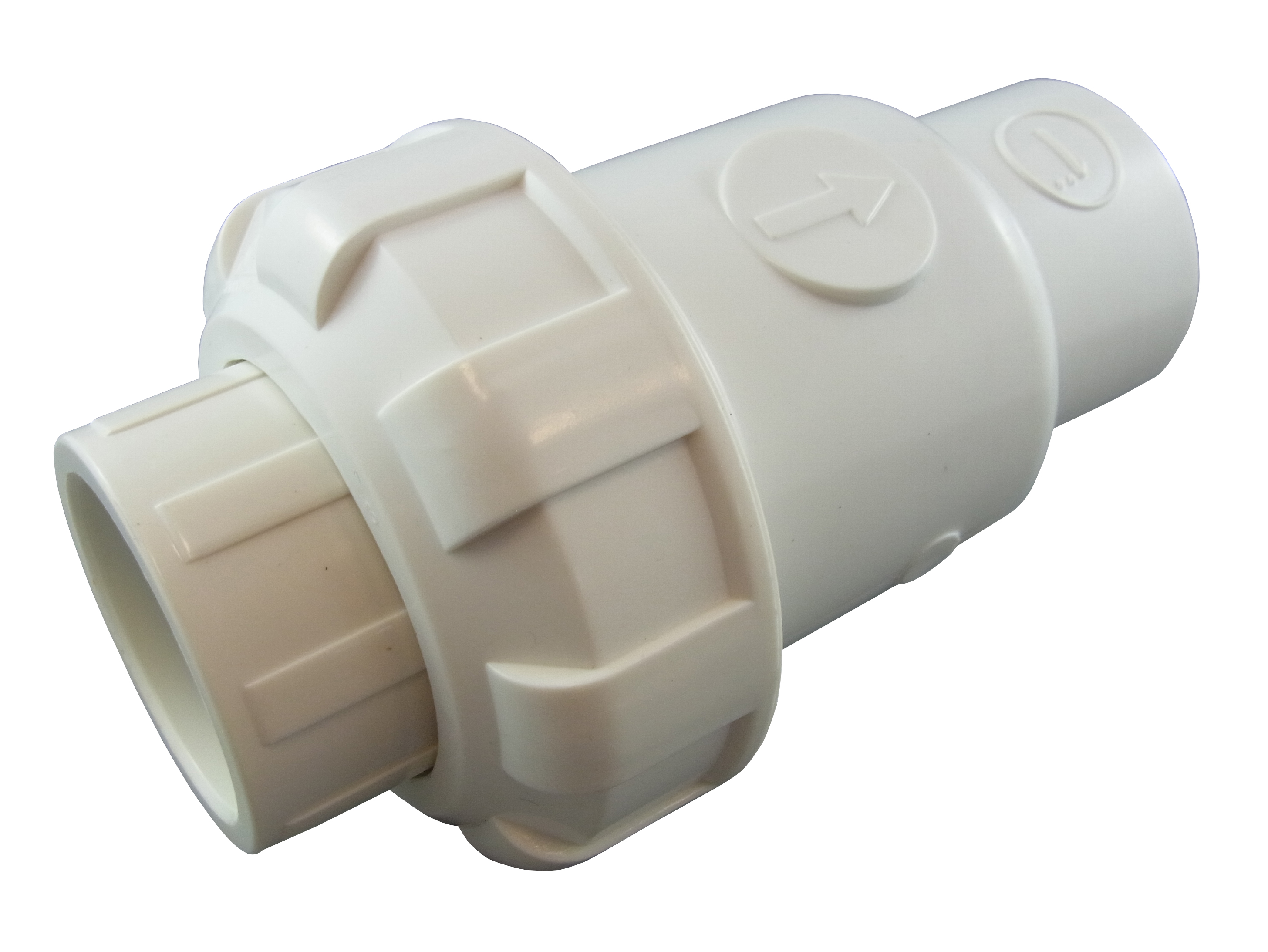
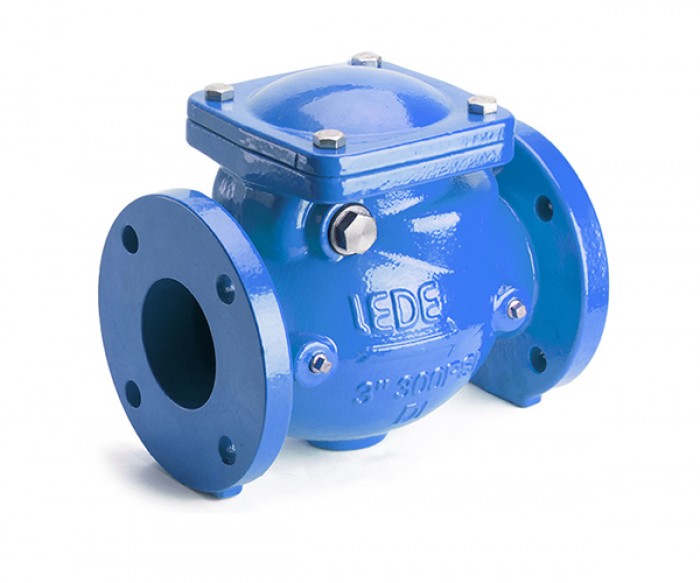
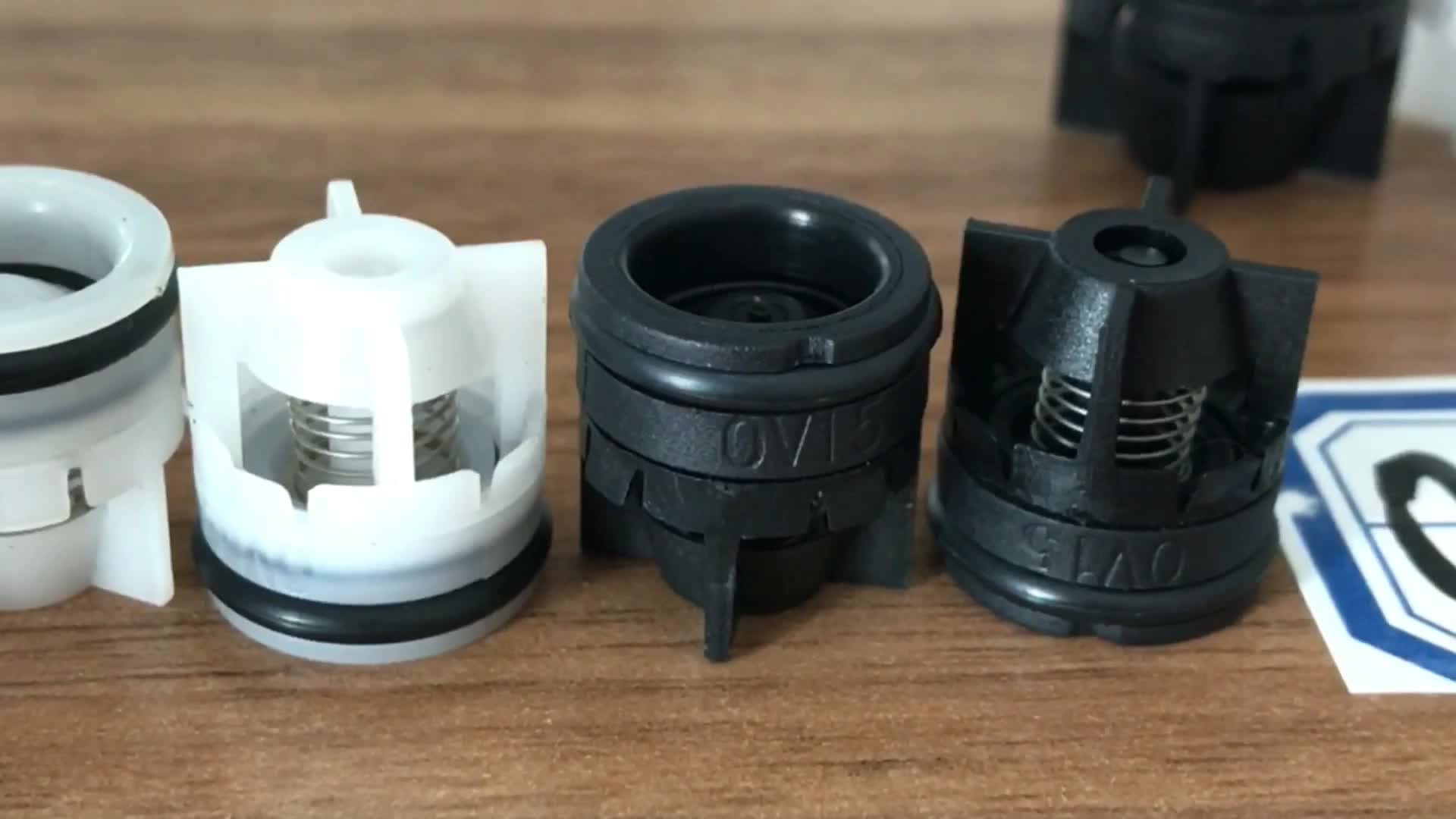








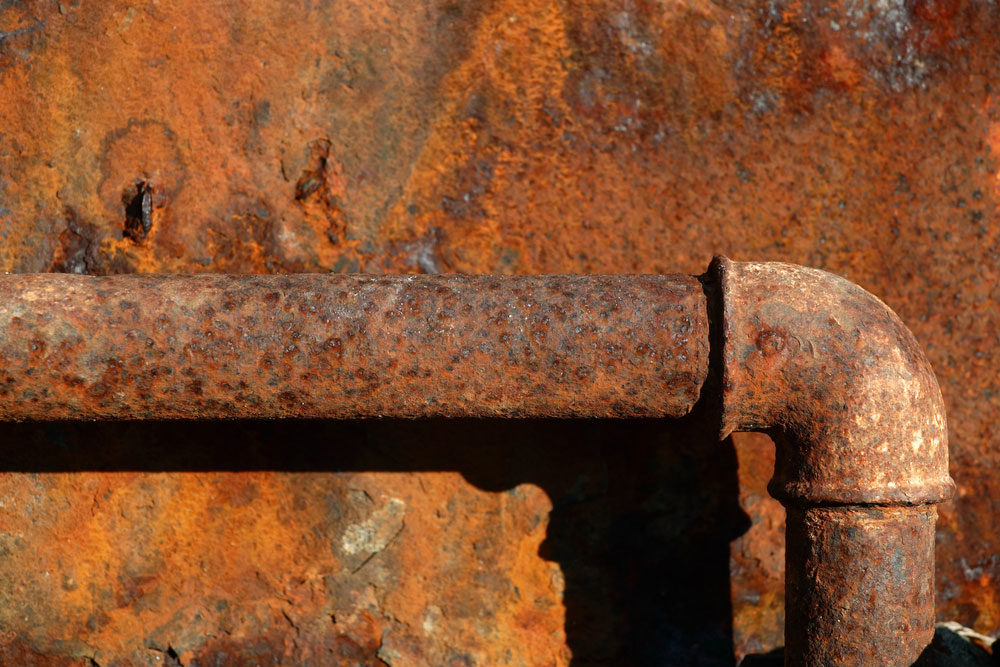



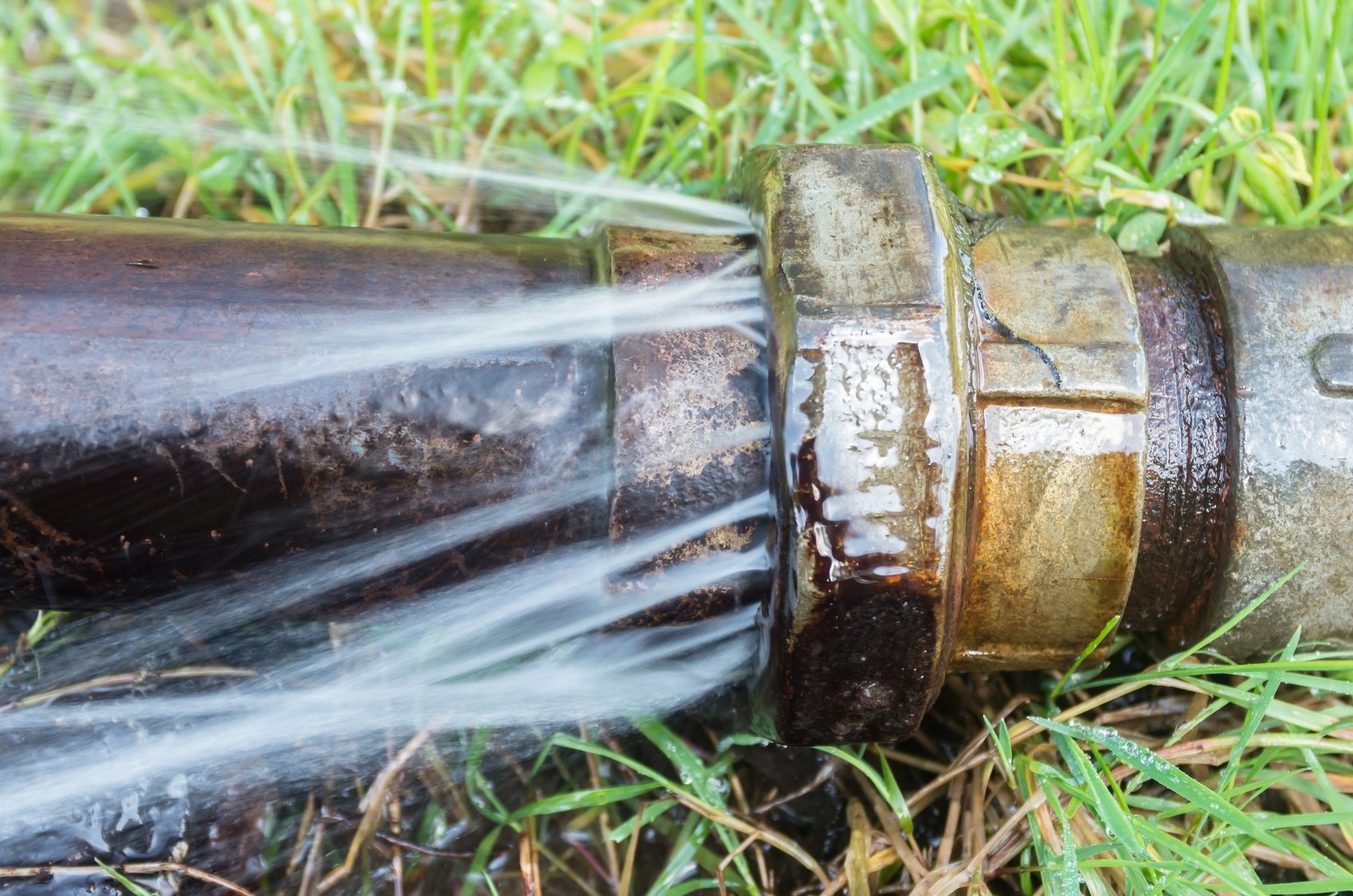





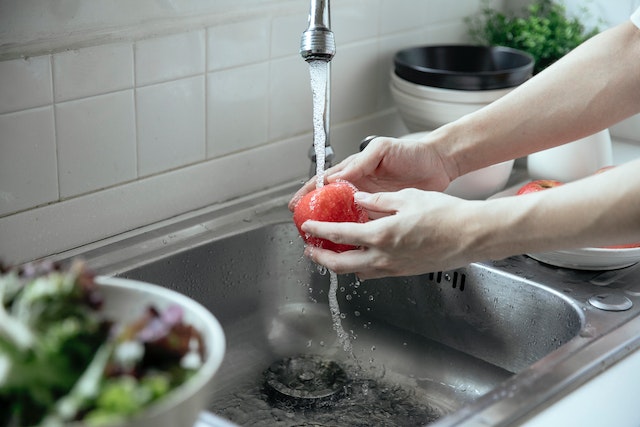

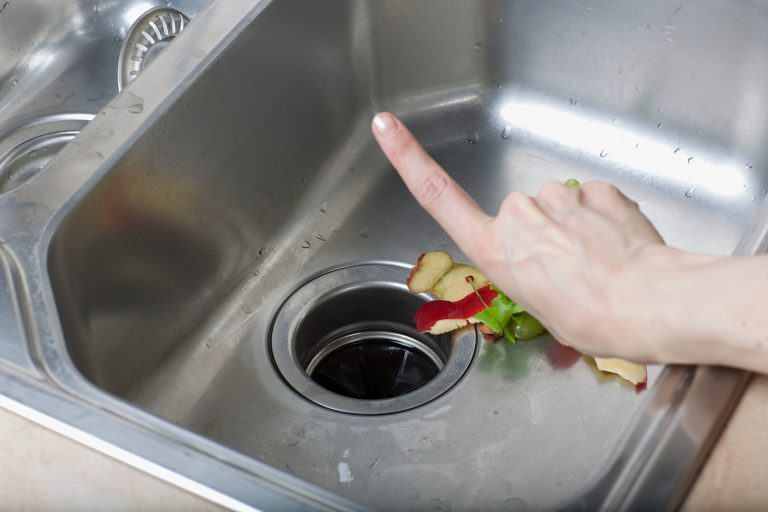









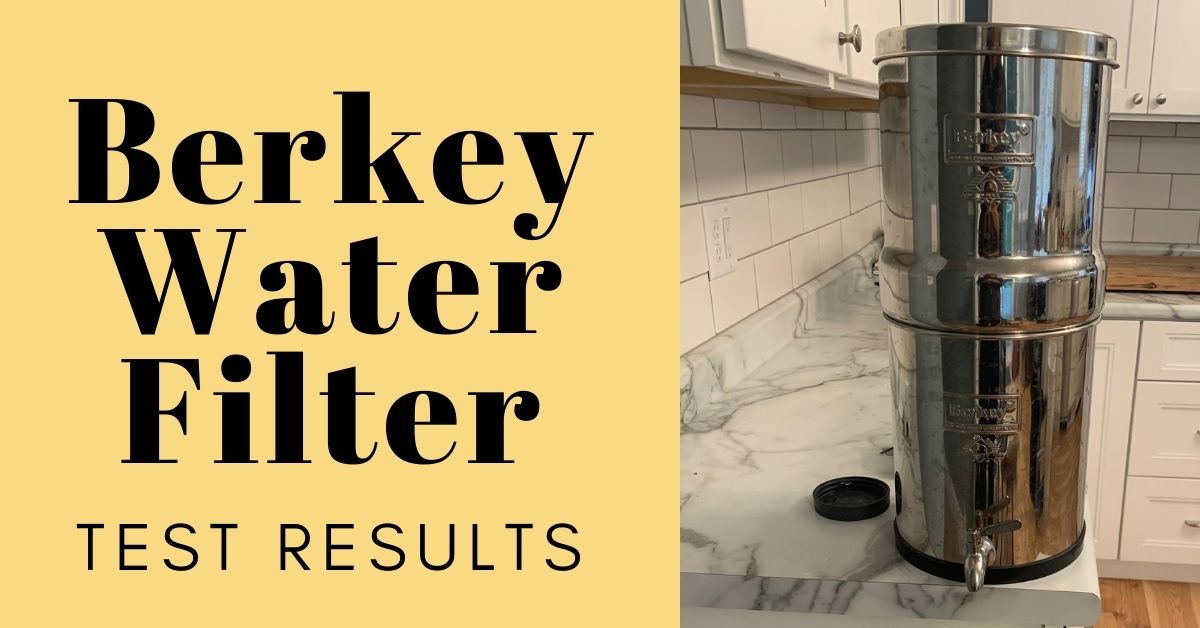
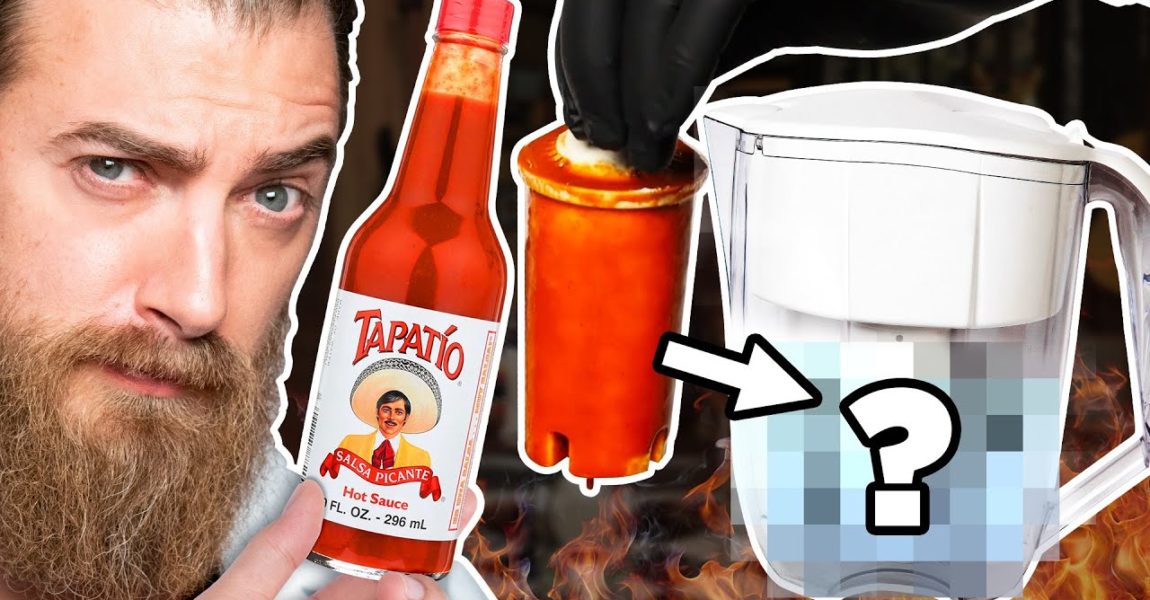
/cdn.vox-cdn.com/uploads/chorus_image/image/63879746/WaterFilter_2.0.jpg)


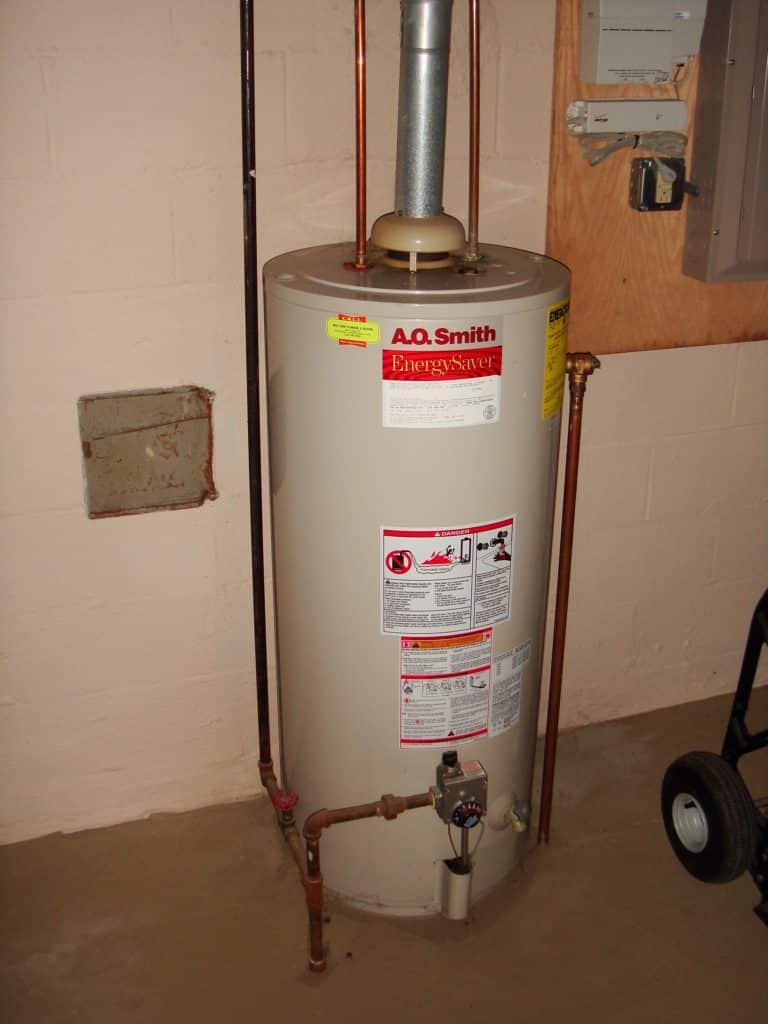

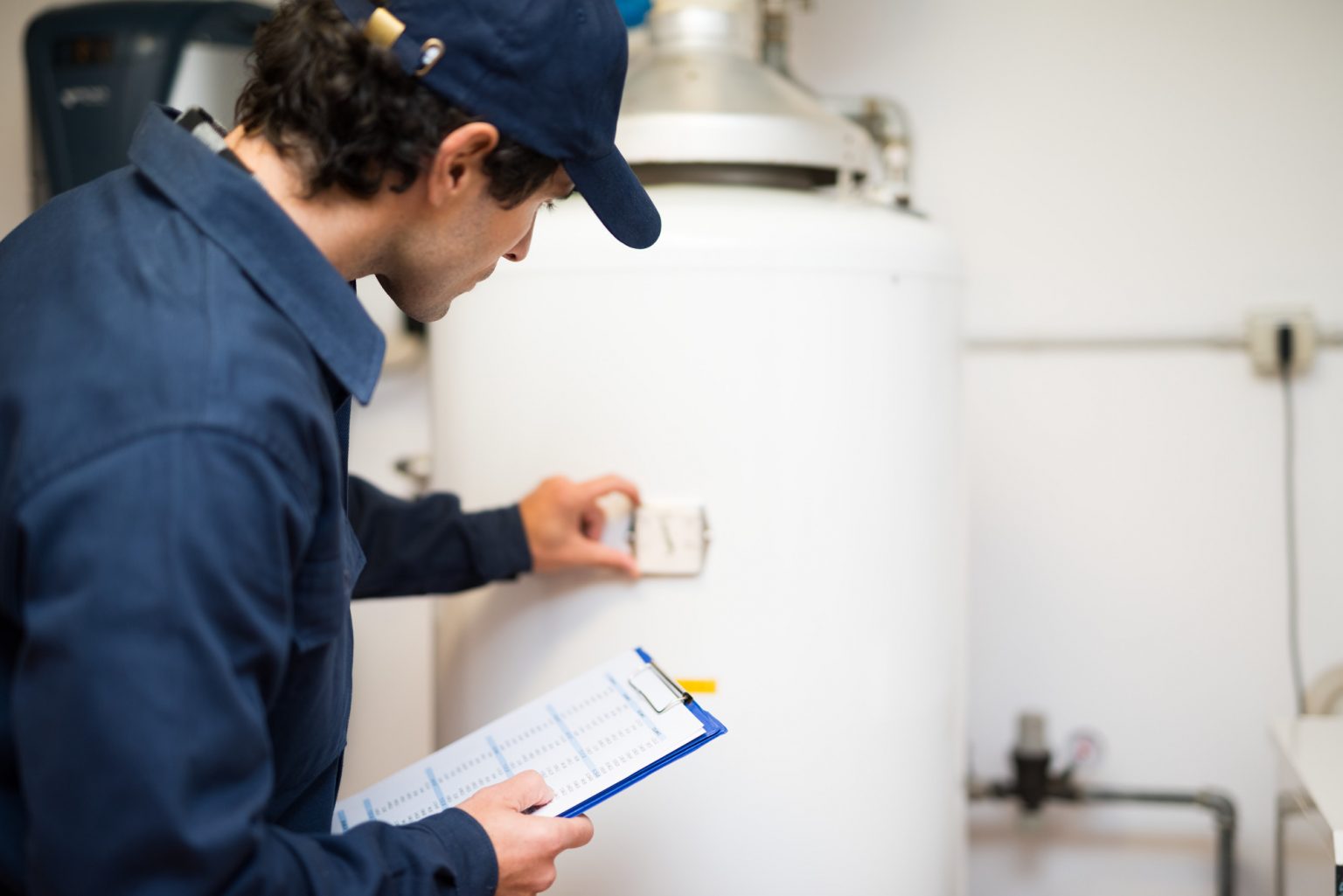
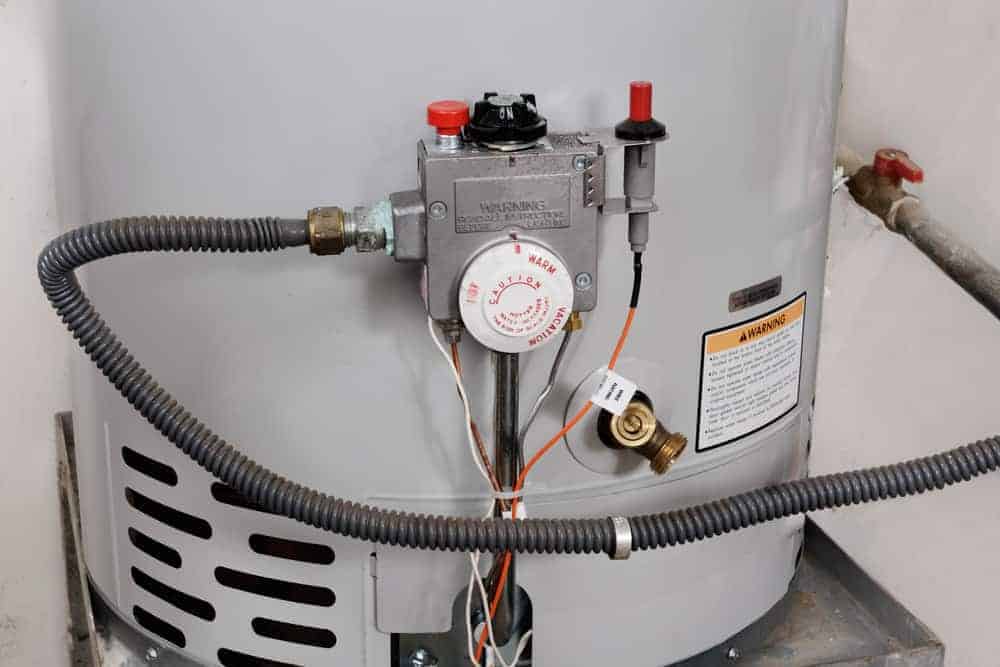
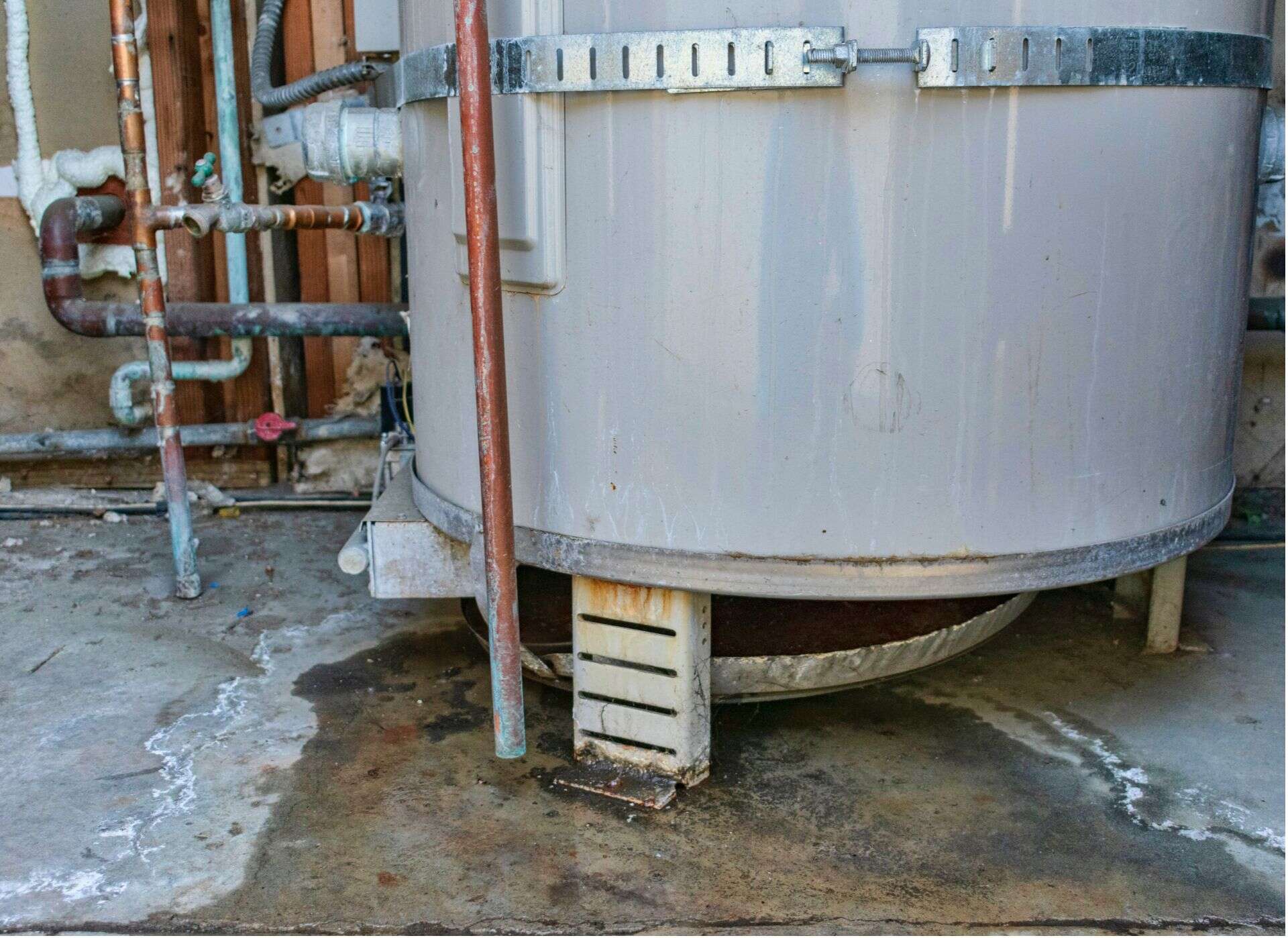










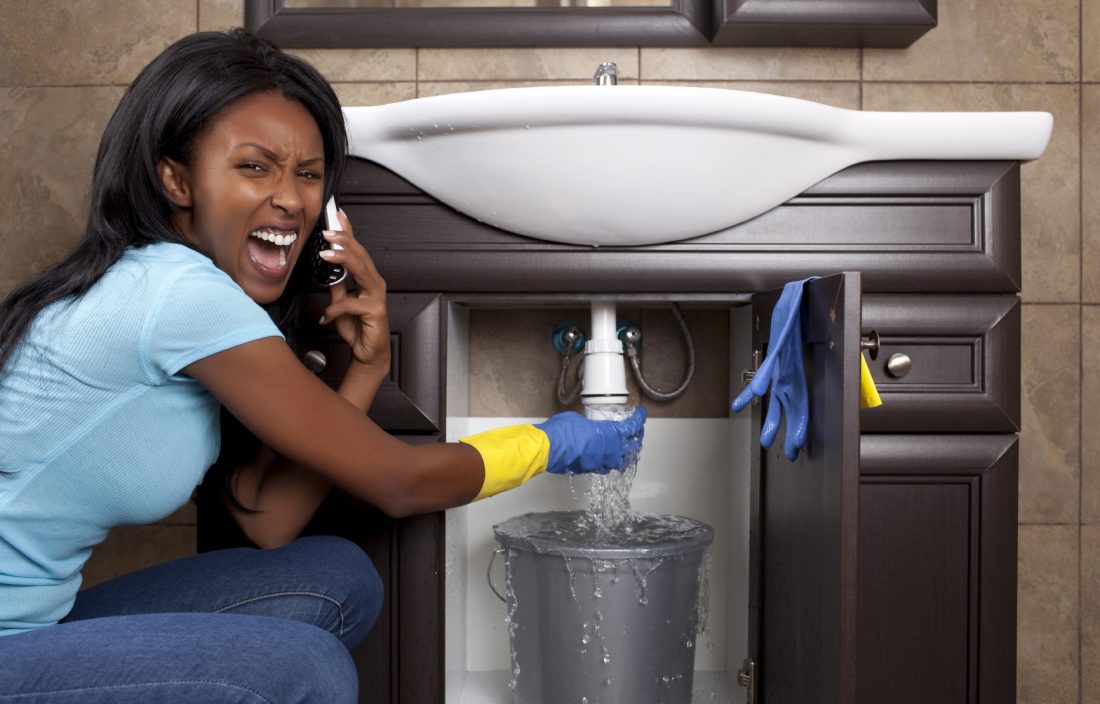



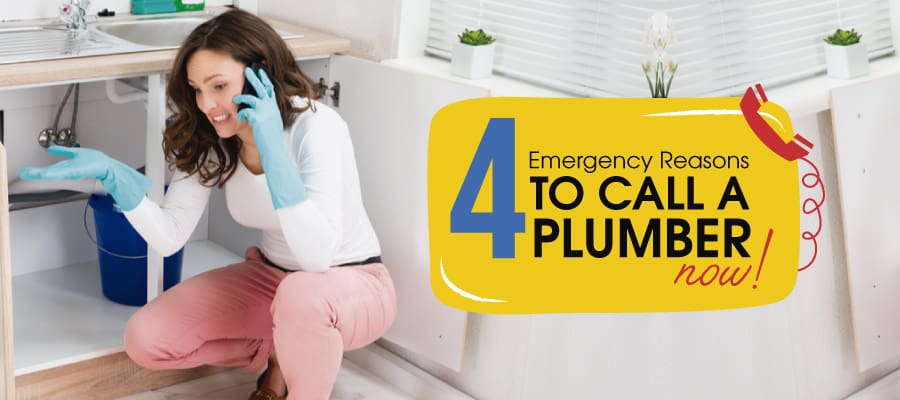




:max_bytes(150000):strip_icc()/Living-room-with-multiple-ceiling-lights-58c44f913df78c353ca59491.png)

